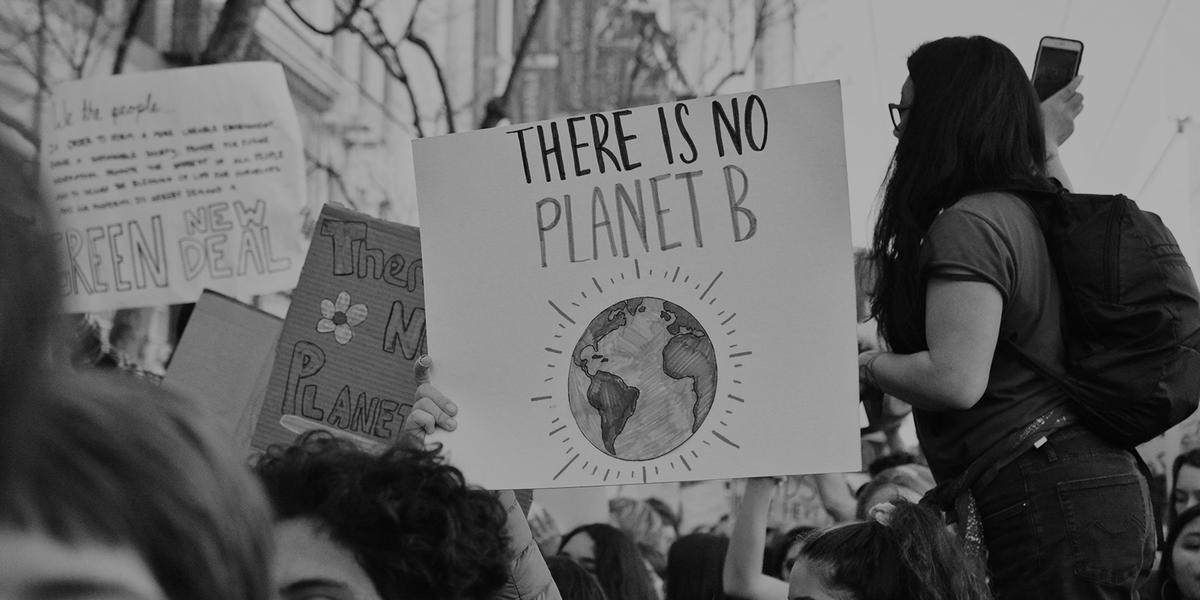As COVID-19 progresses, we continue to see unprecedented concern, coverage and consternation. We’ve seen people around the word ignoring critical health guidance. In Australia, thousands of people soaked in the sun at Bondi, Bronte and Manly, and packed into pubs. These actions were used as a rationale for a new raft of restrictions, with police now issuing $1000 fines to people breaching public gathering and travel rules.
Our hunger for information was confirmed in the results of a special Edelman Trust Barometer COVID-19 report that found major news outlets are more relied upon than the World Health Organisation and one-third check for news related to coronavirus several times a day.
However, this COVID-19 infodemic is relentless and people don’t know how to separate the real news from the fake. Edelman’s report found that one in four people globally are worried that fake news and false information is being spread about the COVID-19 virus while 45 per cent say it has been difficult to find reliable and trustworthy information. I’ve certainly seen some utter rubbish in my social feeds, including that essential oils or lemon in hot water can protect you from this deadly virus.
Still healing from the severe breakdown of trust in government and media, deepened by the devastating impact of the bushfire crisis early this year, Australians are sceptical. Politicians’ public addresses are dissected ruthlessly in real-time, with every gesture and word examined. They are increasingly appearing with experts in media conferences to add credibility and assurance to their communications.
This lack of trust is a catalyst for panic and confusion. Just look at Australians’ buying behaviours and the desperate appeals on social media for clarification on government announcements. Who are people turning to? Employers. They are seen as the most credible source of information. Our COVID-19 report found 63 per cent respondents said they would believe information from their employer, versus 58 per cent for a government website and 51 per cent for traditional media.
Employees are looking for their employers to step up – and it’s never been more important than now in this rapidly changing environment. Just weeks ago we were telling staff how to stay safe and consider working from home. Now businesses are closing, job cuts are biting and everyone is nervous. Whatever your situation, now is the time to be communicating frequently, openly and honestly with your people.
Dedicate a small team to monitoring government announcements/market changes and interpreting them for just how it will impact or support your business. If the issue is complex, acknowledge the change and say you’ll be in touch once you’ve been through the details.
Always, always go further than people expect, and take a long-term view of your reputation and your relationships. When this is over, people will remember you had their wellbeing, as well as the company’s, at heart.
When it comes to business response, don’t wait-and-see or rely on standard policies written in more prosperous times. Now is the time for your senior leaders to be visible. Use videos, pictures, meetings as well as emails and messages. Keep the language simple and the tone empathetic. Break down advice into short topics – major changes, working arrangements, leave, safety, health, operations – so that people can find just what they need. Check your tech, ensuring that people can access employee communications wherever they are. Crucially, make sure employees can reply to your messages or ask questions. Not only will this tell you what your people are concerned about, you’ll know what you may have missed.
This is the time is for business to act together, to act fast and to end this infodemic. Communicators need to lead business in establishing a flow of open communication with all stakeholders, to correct misinformation immediately, create platforms providing up-to-date information, and providing channels for employees to raise concerns and questions.
Through partnership and action, business can restore trust and reduce confusion. When we emerge blinking into the daylight at the end of this heinous tunnel, we’ll need that trust to rebuild.
Susan Redden Makatoa is the Group Managing Director, Edelman Australia
CDC





